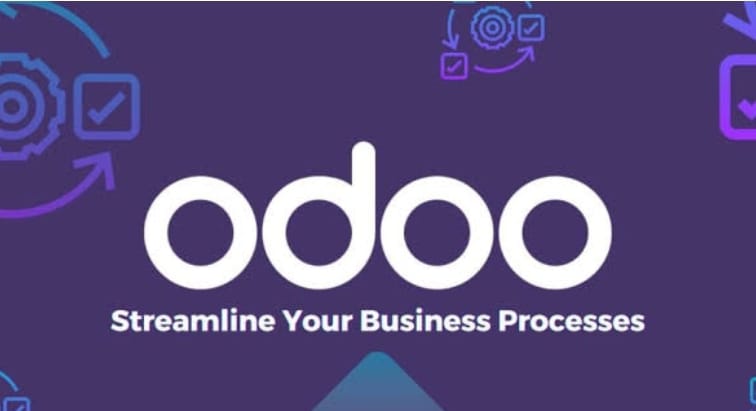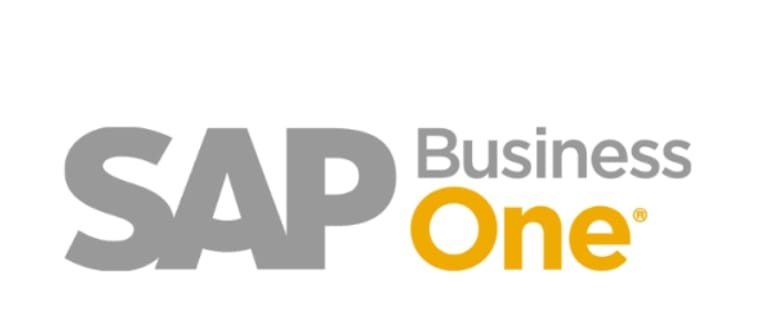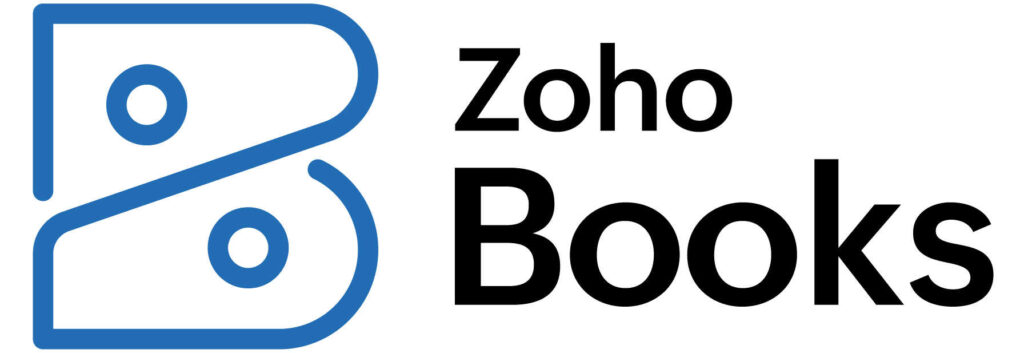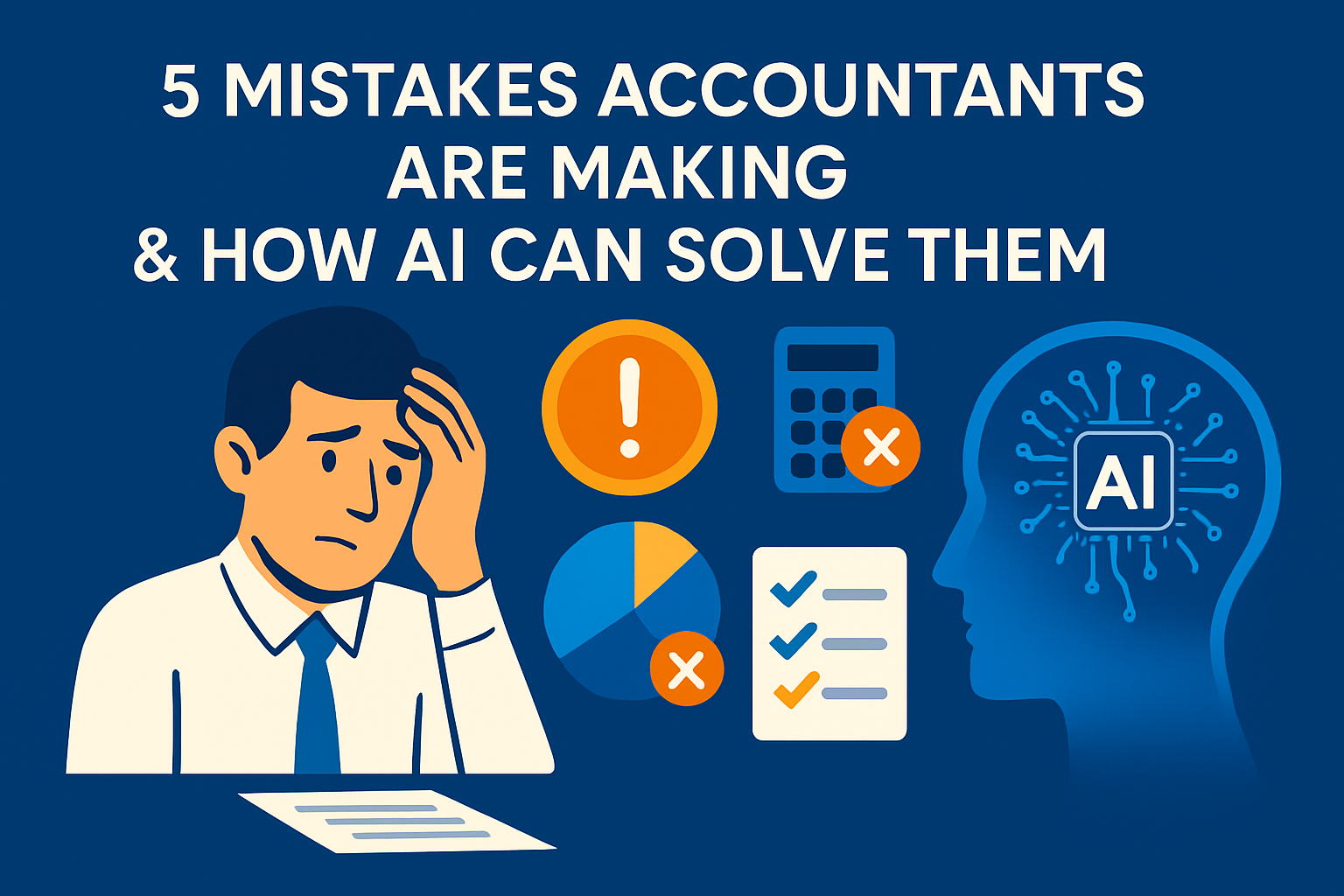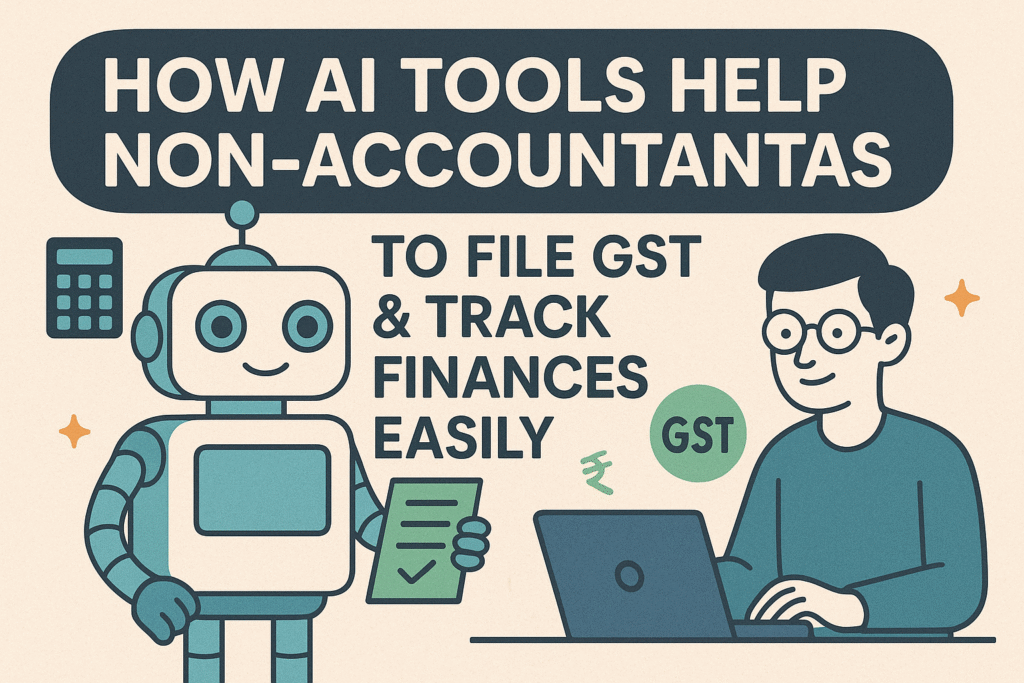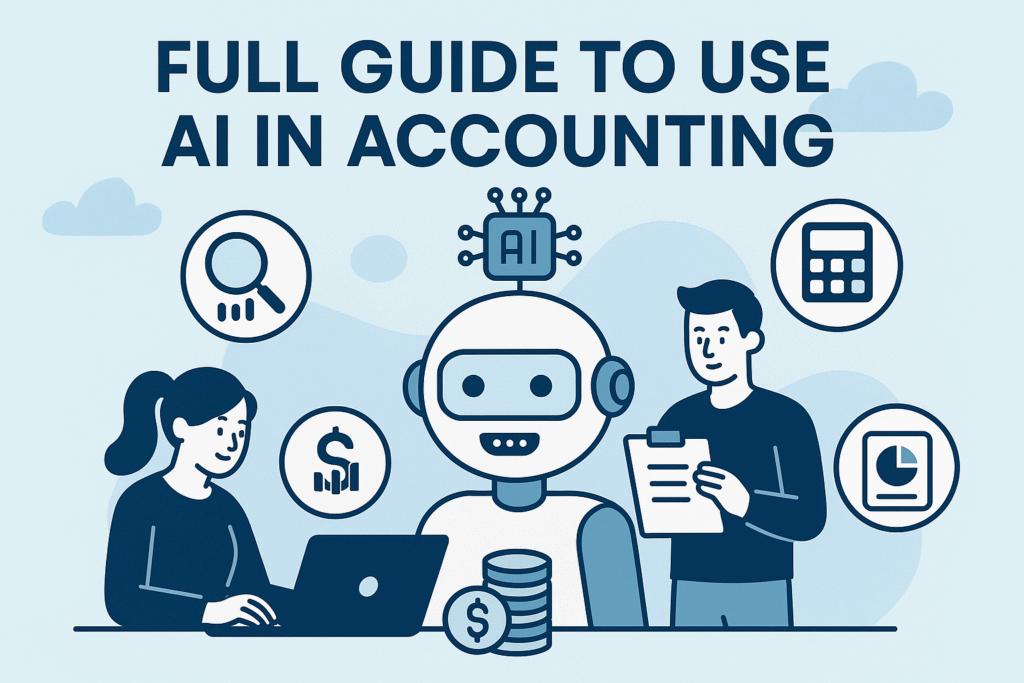What is Odoo?
Odoo is a comprehensive open-source business management software that provides a suite of integrated applications designed to help companies streamline operations. It covers a wide range of business functions, including Enterprise Resource Planning (ERP), Customer Relationship Management (CRM), Accounting, Inventory Management, Human Resources (HR), Project Management, E-commerce, and more.
Odoo is known for its modular approach, allowing businesses to customize and scale the system by selecting only the applications they need. It offers both a Community Edition (free and open-source) and an Enterprise Edition (paid version with additional features, support, and hosting options).
With its user-friendly interface, automation capabilities, and flexibility, Odoo is widely used by startups, SMEs, and large enterprises across various industries. Its cloud-based and on-premise deployment options make it an adaptable solution for businesses of all sizes.
Why Choose Odoo Software?
- Comprehensive Solution
Odoo offers a wide range of tools in one platform, from accounting and inventory management to CRM, sales, and HR.
- User-Friendly
Its intuitive design makes it simple to navigate and manage different functions without the steep learning curve.
- Affordable
Odoo offers competitive pricing, making it accessible for small businesses, startups, and larger enterprises alike. You only pay for the features you need, which helps keep costs down.
- Integration-Friendly
It integrates seamlessly with other software and systems you may already be using. Whether it’s your eCommerce platform, email marketing tools, or other third-party apps, Odoo connects with them effortlessly.
Why Odoo is better than its competitors?
Odoo positions itself as a cost-effective, modular, and user-friendly business management solution that competes with traditional ERP and CRM systems like SAP, Microsoft Dynamics 365, and NetSuite. Unlike many enterprise solutions that come with high costs and rigid structures, Odoo offers a flexible and scalable approach, allowing businesses to choose only the applications they need.
Its open-source Community Edition provides a free alternative to expensive ERP solutions, while the Enterprise Edition offers advanced features at a lower cost compared to its competitors. Odoo stands out with its modern user interface, cloud and on-premise deployment options, seamless integrations, and strong community support, making it adaptable for businesses of all sizes.
By focusing on affordability, ease of use, and customization, Odoo establishes itself as a powerful alternative to traditional ERP systems, catering to startups, SMEs, and large enterprises looking for an efficient, scalable, and cost-effective business management platform.
German, English, French, Italian, Japanese, Korean, Dutch, Polish, Portuguese, Russian, Spanish, Swedish, Chinese, Hindi, Arabic, Bengali, Marathi, Bahasa Indonesia, Hebrew, Greek, Tamil, Kannada, Turkish, Punjabi, Telugu, Bosnian
Odoo is a comprehensive open-source business management software that provides a fully integrated suite of applications designed to streamline operations across various industries. It offers modules for Enterprise Resource Planning (ERP), Customer Relationship Management (CRM), Accounting, Inventory Management, Human Resources (HR), E-commerce, Project Management, Manufacturing, and more.
One of Odoo’s key advantages is its modular structure, allowing businesses to select only the applications they need, ensuring flexibility and scalability. The software is available in both a free open-source Community Edition and a paid Enterprise Edition, which includes additional features, professional support, and cloud hosting options.
With a modern user interface, automation capabilities, and AI-driven analytics, Odoo helps businesses optimize workflows, improve efficiency, and enhance decision-making. It integrates seamlessly with third-party applications and offers customization options through an extensive developer community.
Odoo is designed to be cost-effective, easy to use, and scalable, making it a preferred choice for startups, SMEs, and large enterprises looking for an affordable alternative to traditional ERP solutions like SAP, Microsoft Dynamics, and NetSuite.
2005
Belgium
Febine Pincksers
Odoo is a comprehensive open-source business management software that provides an all-in-one solution for ERP, CRM, Accounting, HR, Inventory Management, E-commerce, and more. With its modular structure, businesses can select and integrate only the applications they need, making it highly scalable and cost-effective. Available in both Community (free) and Enterprise (paid) editions, Odoo offers cloud and on-premises deployment, a user-friendly interface, and strong customization capabilities. It is widely used by startups, SMEs, and enterprises looking for a flexible and affordable alternative to traditional ERP solutions.
One App Free Plan
Free
Unlimited users FreeStandard Plan
Rs 580
Single User MonthlyCustom Plan:
Rs 890
Single User MonthlyHow does Odoo handle data security and backups?
Odoo provides robust data security measures, including user access controls and regular backups. For Odoo Online (SaaS) users, Odoo manages backups and security. For on-premise installations, it’s the user’s responsibility to implement appropriate security and backup measures.
Can Odoo integrate with other applications?
Yes, Odoo offers various integration capabilities with third-party applications, enhancing its functionality and adaptability to different business environments.
Can Odoo be customized to fit specific business needs?
Yes, Odoo is highly customizable. Users can develop custom modules or modify existing ones to tailor the software to their specific business requirements.
What are the system requirements for installing Odoo?
Odoo primarily runs on a server with Linux-based operating systems. It requires Python for the server-side application and PostgreSQL as the database management system.
Odoo is a powerful open-source business management software that offers an extensive range of applications, including ERP, CRM, Accounting, HR, Inventory Management, and E-commerce. It is widely recognized for its modular design, affordability, and customization capabilities, making it a strong alternative to traditional ERP systems like SAP, Microsoft Dynamics, and NetSuite. However, it also comes with challenges such as a learning curve, customer support limitations, and complex customization requirements. Below are the key pros and cons based on expert reviews.
Pros
- Modular & Scalable – Businesses can select and integrate only the applications they need, making Odoo cost-effective and adaptable.
- Open-Source Flexibility – The Community Edition is free, making it an affordable solution for small businesses and startups.
- All-in-One Business Suite – Unlike many competitors, Odoo provides a comprehensive suite covering ERP, CRM, Accounting, HR, and E-commerce.
- Customizable & Developer-Friendly – Companies can modify the software to fit their needs, with strong support from the open-source community.
- User-Friendly Interface – Odoo offers a modern, easy-to-navigate UI, which is more intuitive than traditional ERP software.
- Cloud & On-Premise Options – Businesses can choose between cloud-hosted or self-hosted deployment based on their needs.
- Strong Integration Capabilities – Odoo integrates seamlessly with third-party applications and other business tools.
- Frequent Updates & Improvements – Regular updates improve security, performance, and new features.
Cons
- Steep Learning Curve – Users may require training to effectively navigate and utilize the platform, especially for advanced ERP features.
- Limited Customer Support – Some users report delays in response times from Odoo’s support team, particularly for the Community Edition.
- Customization Complexity – While highly customizable, extensive modifications may require technical expertise or developer assistance.
- Costly Enterprise Edition – The Enterprise Edition can become expensive, particularly for businesses that need multiple advanced modules.
- Performance Issues on Large Databases – Some users experience slow performance when handling large datasets or multiple integrations.
- Module Dependency Challenges – Certain modules require other apps to function properly, leading to additional costs.
Final Verdict
Odoo is one of the best open-source ERP solutions, offering a scalable, feature-rich, and cost-effective platform for startups, SMEs, and enterprises. However, new users must be prepared for a learning curve, and businesses that require highly customized setups may need technical expertise or external developers. If a company seeks an all-in-one, flexible, and budget-friendly ERP, Odoo is a strong contender. On the other hand, if dedicated customer support and out-of-the-box simplicity are top priorities, other solutions like SAP or Microsoft Dynamics 365 may be better suited.
 CA Tushar Makkar
CA Tushar Makkar